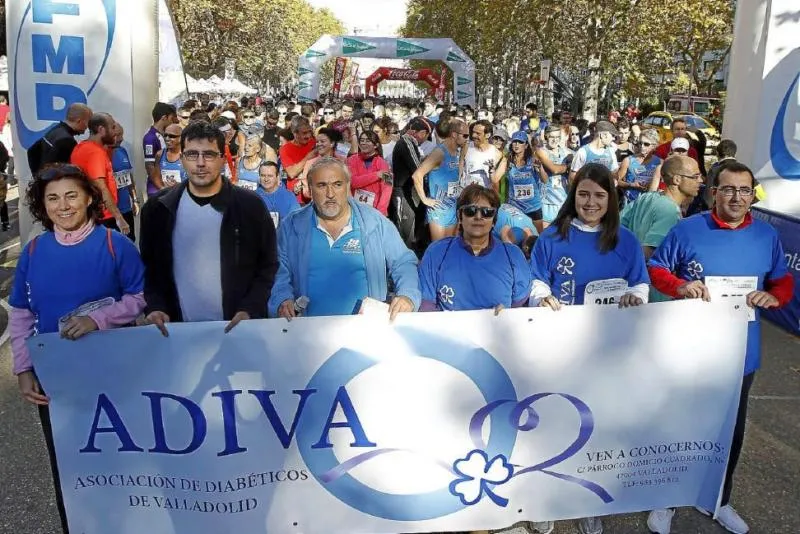The College of Psychology of Castilla y León and the Valladolid Diabetes Association sign an agreement to meet the demand of these patients.
The College of Psychology of Castilla y León (Copcyl) has signed an agreement with the Diabetes de Valladolid Association (Adiva) to meet the demand of diabetes patients through courses and workshops where the emotional side of this disease is worked.
The Vice Dean of the College of Psychology of Castilla y León, Jesús de Blas, ensures that psychological care to these patients in "indispensable.""When this silent disease shows, the news falls like a jug of cold water to patients and their relatives," explains Blas, who points out: "Diabetes ends up causing depression in some cases, and precisely the presence of thisDisorder generates great disorders in glucose levels and adds the patient in a state of passivity to the disease that hinders its treatment.It is the fish that bites the tail ».
Another factors that also influence the state of diabetic people is the stress that causes dealing with chronic disease.«The most important thing to cope with diabetes is that the patient himself acts as an active agent of the disease, but the fear of complications and stress generated by the upDisease », explains Javier García Iglesias, President of Adiva.
The treatment of diabetes is based on three pillars: medication, food and physical activity.And to be able to attend to the three "it is necessary" for the patient to enjoy an "emotional balance," says the President of Adiva.Thus, the agreement includes different workshops that work this aspect of the patients.
The courses that Copcyl will be given are grouped into three areas: type I and II diabetes in adults, children and their families, and young people and adolescents.
"When the disease is diagnosed, the endocrine treats you diabetes from a strictly medical point of view, but the emotional factor of the disease is not worked," he warns of Blas del Copcyl, who says that working the mood in adultsWith diabetes it is a "great treatment tool."
It is even more complicated when it comes to children: "For the little ones it is not easy because their life changes in many ways, for example, at first they cannot go to the school's dining room, and explain that to a child is not easy," he insistsJavier García Iglesias.For this reason, one of the workshops will be aimed at children with diabetes and their relatives, since knowing the diagnosis, many parents need psychological help.The workshops for families will be assisted by the College of Psychology of Castilla y León, the Pediatric Endocrinology of Valladolid and veteran families that will clothe with their experience the most new.
Young people and adolescents form the third group for which they have designed workshops."Parents have demanded the association repeatedly psychological support for their teenage children who suffer from this disease, and thanks to the agreement we have signed we will be able to give it to him," explains García Iglesias.
The courses and workshops taught by Copcyl will start next September.
In the community there are more than 300,000 diabetic people over 18, of which some 68,000 would be without diagnosing, according to the latest data of the Spanish Diabetes Federation (Fede).They must be added about 350 children under fifteen (it is the age at which pediatric assistance ends) to which type 1 diabetes has been diagnosed.
Diabetes is a chronic disease in which there is an excess of glucose or blood sugar and urine, due to a decrease in insulin secretion or a deficiency of itsaction.Facing the diagnosis of an irreversible disease is not easy to assimilate either for the patient or for his family, and more if they are children.If, in addition, the stress that generates the treatment and that precisely stress is one of the active agents that worsen levels, psychological attention to diabetic people becomes a "basic need" for these patients is added.


